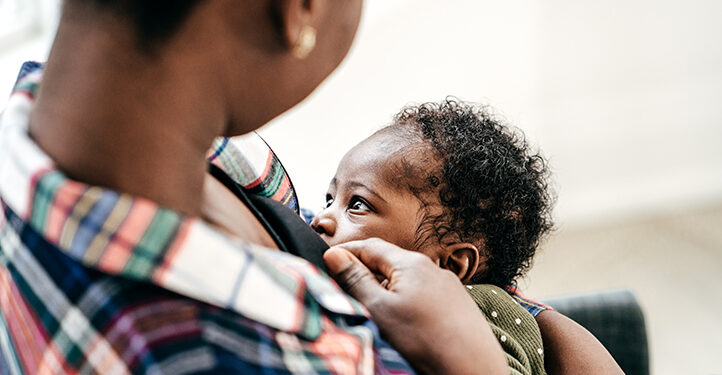The United Nations Children’s Fund (UNICEF) emphasized the importance of exclusive breastfeeding for at least six months after a child’s birth. UNICEF described exclusive breastfeeding as a powerful life saver critical to the long-term health and well-being of both mothers and children.
However, UNICEF expressed concern that a majority of nursing mothers in Nigeria do not optimally breastfeed their children, with only 38% of infants exclusively breastfed in the first six months. The practice of giving babies extra water in addition to breast milk is common in the country, but it can be harmful and contributes to about 800,000 child deaths annually.
To promote exclusive breastfeeding, UNICEF is launching the “zero water campaign,” urging mothers to give babies breast milk only on demand day and night and avoid giving water and other liquids and foods during the first six months of life.
The media is called upon to support the campaign and set the agenda for zero water promotion, emphasizing that every working nursing mother should enjoy six months of maternity leave with job security. Practicing breastfeeding at work is crucial, as it provides vital health and nutritional benefits for children and builds healthier populations and workforces for the future. UNICEF advocates for effective maternity protection, ensuring that all women, regardless of their workplace, sector, or contract type, have at least six months of paid maternity leave and time off for breastfeeding.































